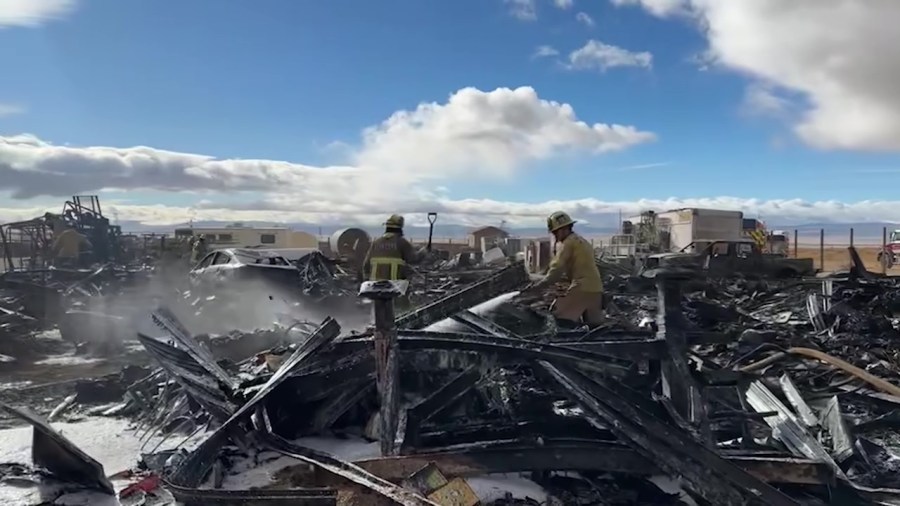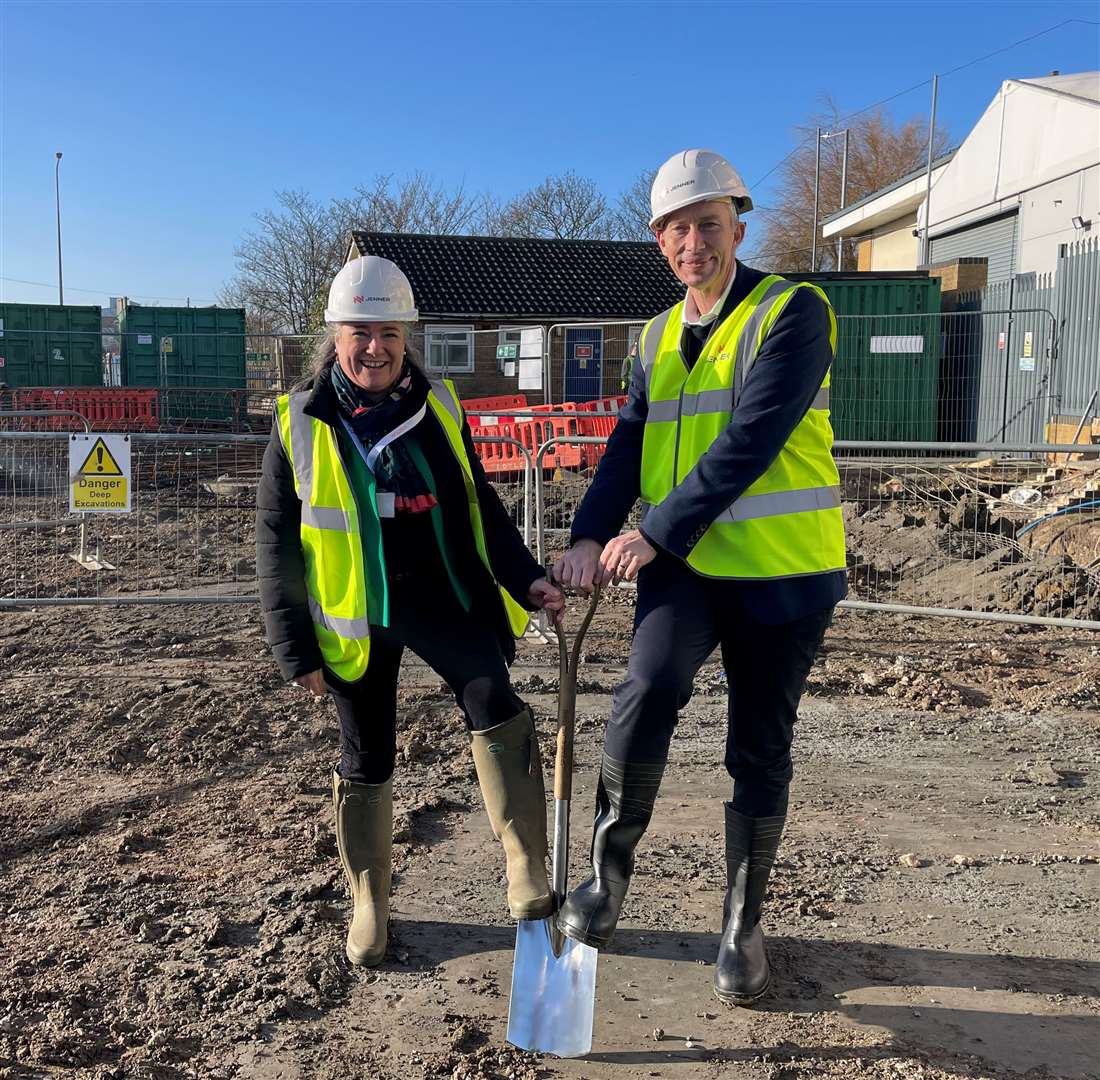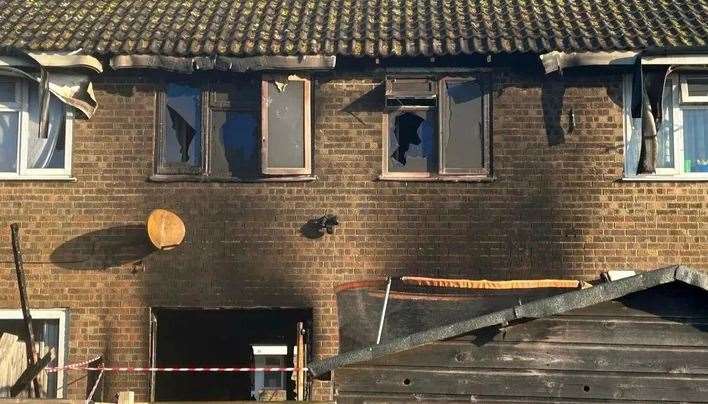Large, uncontrolled space junk reentering Earth’s atmosphere has the increasing potential to disrupt air travel, if affected airspace is closed as a precaution, according to a new study by three University of British Columbia (UBC) researchers.
The paper, Airspace closures due to reentering space objects, which was published in Scientific Reports on Jan. 23, warns that “the space industry is imposing risks and costs on the aviation industry, air crews and passengers.”
Co-author Aaron Boley, an associate professor at UBC and co-director of the Outer Space Institute, said there remains a belief that “what we do on orbit doesn’t really matter and doesn’t affect us on Earth.”
In fact, Boley said an increase in flights, combined with a growing number of rocket and satellite parts in orbit, mean that the chance of a major disruption to air travel as a result of unplanned reentry is going up.
The study found the chance of space junk reentry affecting high-density air traffic regions around major airports is quite low — a 0.8 per cent chance per year — but for other larger areas that still have busy air travel, the chance of disruption increases to 26 per cent per year.
Some of those higher risk areas include the northeastern United States, northern Europe and around major cities in the Asia-Pacific region.
According to Boley, these findings are a snapshot in time, and the risks will continue to increase.
He said there are rocket launches that include a planned reentry, controlling the timing and general area where the equipment can be expected to fall to Earth, but they’re the exception and most launches don’t account for that in the design.
Barry Sawchuk made headlines earlier this year when he said a giant piece of space debris had slammed into his field. This week, SpaceX came to his farm near Ituna, northeast of Regina, to collect the space junk.
“When things come back in an uncontrolled way, they do create a casualty risk for people on the ground, at sea or in airplanes,” said Boley, adding that while the individual risk is quite small, globally it’s not.
Many orbiting satellites and rocket parts that are no longer useful are orbiting in the outer layers of the atmosphere, meaning that their speed will slow and they’ll eventually fall to the ground.
Boley said they will often break up in the atmosphere, but some rocket parts can be huge — as big as a school bus, and even if they break apart, huge pieces can remain intact.
He raised an example from early last year, after NASA allowed equipment from the International Space Station to be jettisoned in 2021.
A pallet with old batteries was expected to eventually fully burn up on entry into Earth’s atmosphere, but one piece survived. The piece, a metal support used to mount the batteries, ripped through the roof of a Florida home and lodged in the floor.

According to the study, even small pieces can be lethal and destructive — particularly to aircraft that are travelling fast, and the result could be tragic.
“It is a low probability that an aircraft will be hit by falling space debris, but it’s not a zero risk by any means — it’s a low-probability, high-risk event,” said Boley.
He said that beyond an airplane being struck by falling space junk, there’s the much more likely situation that aviation authorities will decide to close airspace when alerted to an uncontrolled reentry that could pose a risk.
The study examined one case from November 2022, when a 20-tonne rocket body reentered the atmosphere uncontrolled over the Pacific Ocean. As a result, according to the study, Spanish and French authorities closed a swath of airspace, delaying 645 aircraft by an average of 29 minutes.
According to Boley, the space industry is offloading risks to the aviation industry and needs to adopt controlled reentries as a common practice.
“We fundamentally need to stop just abandoning things in orbit. We need to have proper stewardship of that,” he said.
#UBC #researchers #space #junk #increasing #potential #disrupt #air #travel













Leave a Reply